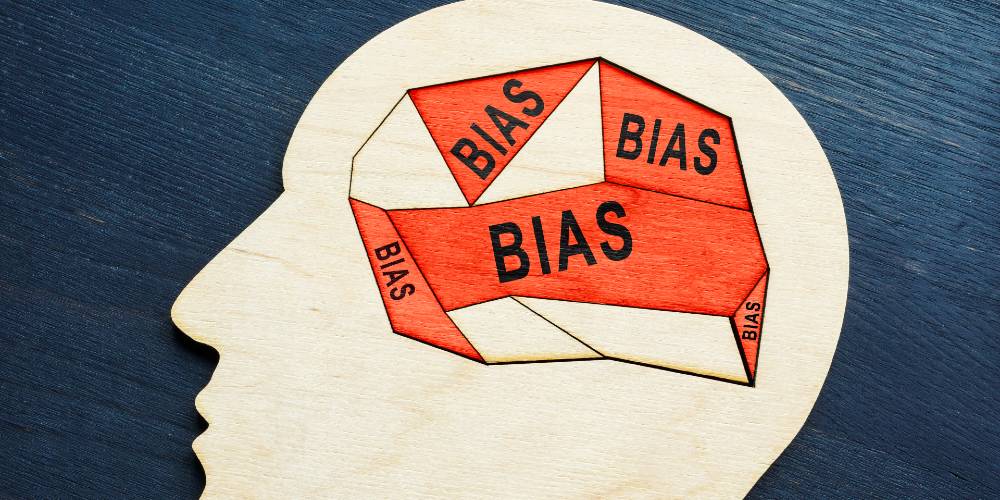Subscribe for free to the America First Report newsletter.
Former “centrist” news outlet The Messenger launched last year with high hopes and a ton of cash. But it wasn’t enough to the revenue necessary to stay afloat and has officially shut down.
Started by Jimmy Finkelstein following his sale of The Hill in 2021, it was supposed to be the answer to the left-vs-right paradigm in modern corporate media. With most outlets leaning — and oftentimes lurching — to the left and the remainder leaning right, Finkelstein wanted something that was truly fair and balanced. What he delivered still ended up leaning left and as a result it had trouble paying for the 300 mostly woke employees they hired.
As much as I would love to see a news outlet that is TRULY unbiased, I’m not sure if that’s even possible anymore. I respect what Finkelstein tried to do and it’s discouraging that it failed, but it was also predictable.
Some, like us, don’t even pretend to be unbiased. Heck, the name of one of our sites is “America First Report” so we proudly hang our conservative badge. But those who pretend to be unbiased like CNN and the NY Times invariably lurch to the left which is why they fail. You either tell the truth and pick a side or you lie and pretend to be unbiased.
According to Jason Cohen at Daily Caller:
The Messenger’s CEO and founder Jimmy Finkelstein launched the outlet in 2023 after selling The Hill in 2021 for $130 million, according to Axios. Within a brief timeframe, the company onboarded 300 employees, providing them with generous salaries.
“This is truly the last thing I wanted, and I am deeply sorry,” Finkelstein wrote in an email to employees, according to The New York Times.
The Messenger produced centrist news on various topics and had a substantial audience, but it could not afford its large newsroom, according to Axios. It spent millions on travel and entertainment without making sufficient advertising revenue, according to Semafor.
“Over the past few weeks, literally until earlier today, we exhausted every option available and have endeavored to raise sufficient capital to reach profitability,” Finkelstein wrote, according to the NYT. “Unfortunately, we have been unable to do so.”
Finkelstein recently met with conservative media and business executives, including Omeed Malik, Garrett Ventry, Ryan Coyne and George Farmer to discuss selling a majority stake in The Messenger at Mar-a-Lago, Axios reported.
Many legacy media publications are dealing with economic challenges affecting the news industry and resorting to drastic measures, Axios reported on Friday. Close to a dozen are laying off workers, dealing with employee strikes or trying to sell.
For instance, The Arena Group recently let go of nearly the entire union staff of Sports Illustrated, and the Los Angeles Times announced it would lay off over 100 journalists as the publication lost as much as $40 million a year, decreasing its newsroom employees by 20%. BuzzFeed has been in talks to unload two of its brands, Complex and Tasty, according to The Wall Street Journal.
What’s not being said is that revenue influences pushed The Messenger to make editorial decisions… just as it does with all corporate media outlets. Those who are beholden to big advertisers such as Big Pharma or huge ad networks like Google Adsense can never publish the whole truth. For example, data surrounding Covid-19 “vaccines” is always suppressed by outlets that rely on Big Tech for traffic, revenue, or both. It’s also suppressed by direct advertisers that account for a huge chunk of the revenue paid to corporate media outlets.
This is why we only work with patriotic advertisers and never with ad networks. We will say what we want and reveal the truth without fear.
The takeaway here isn’t that being unbiased goes against human nature, though that’s true too. The real takeaway is that corporate media can only be successful if they are honest with their audience, and that’s only happening in the trenches of independent journalism today.
What Would You Do If Pharmacies Couldn’t Provide You With Crucial Medications or Antibiotics?
The medication supply chain from China and India is more fragile than ever since Covid. The US is not equipped to handle our pharmaceutical needs. We’ve already seen shortages with antibiotics and other medications in recent months and pharmaceutical challenges are becoming more frequent today.
Our partners at Jase Medical offer a simple solution for Americans to be prepared in case things go south. Their “Jase Case” gives Americans emergency antibiotics they can store away while their “Jase Daily” offers a wide array of prescription drugs to treat the ailments most common to Americans.
They do this through a process that embraces medical freedom. Their secure online form allows board-certified physicians to prescribe the needed drugs. They are then delivered directly to the customer from their pharmacy network. The physicians are available to answer treatment related questions.







